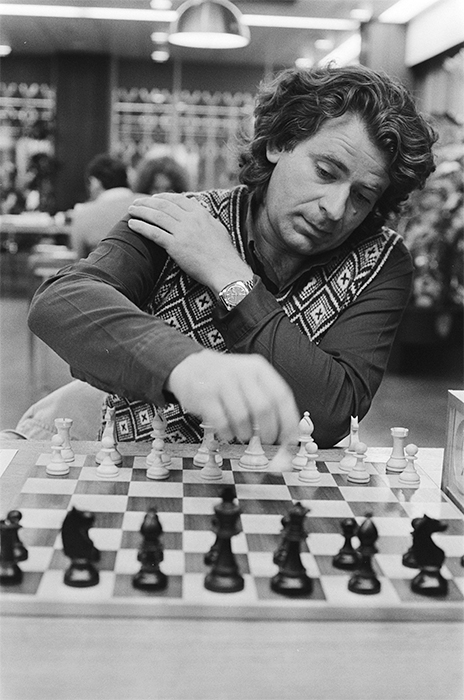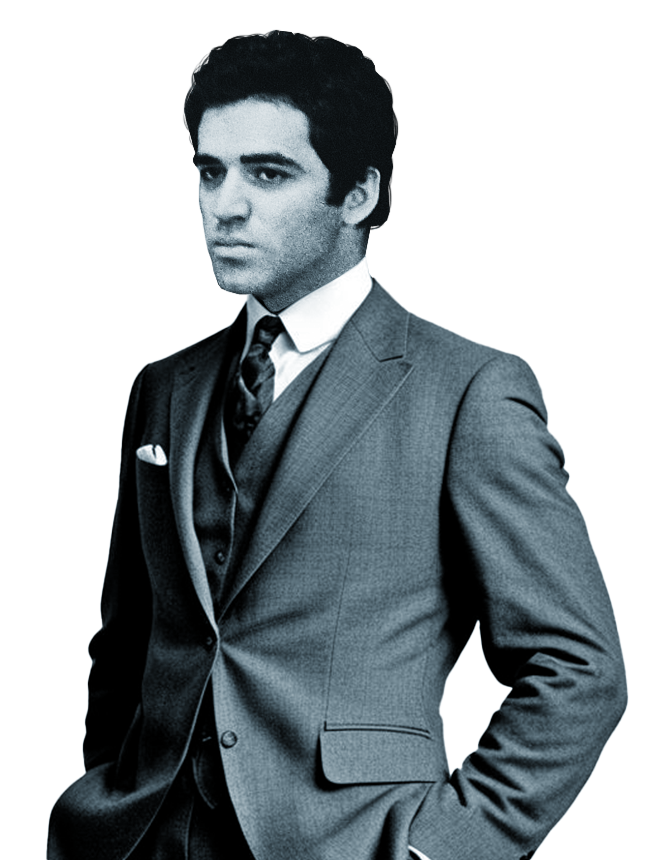Boris Spassky
Biography (1937)
One of the most talented players of his generation, Spassky was considered as chess prodigy. He attained Grandmaster title at the age of 18 years and made his debut in the Candidate Tournament (Amsterdam, 1956) at 19. He showed great potential but then missed two championship cycles only to resume his quest for chess crown eight years later. After defeating Keres (1965), Geller (1965) and Tal (1965) in candidates’ matches, he earned the right to challenge Petrosian but lost the title match (Moscow, 1966). Spassky made it all the way up again in the next cycle and won the crown in his second match (Moscow, 1969) with the ninth world champion by a score of 12½-10½.Spassky played seven times for the Soviet Olympiad team (1962–1978). He won thirteen medals (team and for individual results) and scored 69/94 (+45−1=48), for 73.40 percent. In 1976, Spassky migrated to France with his third wife; he became a French citizen in 1978, and has competed for France in three Olympiads (1984–1988), on board one. In 2012 Spassky left France to return to Russia.

Want chess advice?
On Spassky
G. Kasparov
Boris Spassky was my first chess idol
V. Kramnik
The tenth World Champion, Boris Spassky, is the first real modern universal player. Of course, his play is worthy of the most careful study: both to improve your own level of play, and just for aesthetic pleasure. Boris subtly remarked that one of the main qualities of a strong chess player is a sense of the critical moment, the point where you need to think carefully and make an important decision. And at other moments you make moves with your hand – they are not so fundamental. When Spassky formulated this idea in a conversation with me, I began to understand: he is right!
M. Tal
Boris Spassky became the second French chess player after Alexander Alekhine
.png)
Want more?
Read
.png)
Bezgodov A., Oleynikov D. Spassky's Best Games. A Chess Biography. New in Chess
2023
.png)
Reek van, Jan, supported by Boris Spassky. Grand Strategy: 60 games by Boris Spassky. Margraten
2000

.png)
.png)
